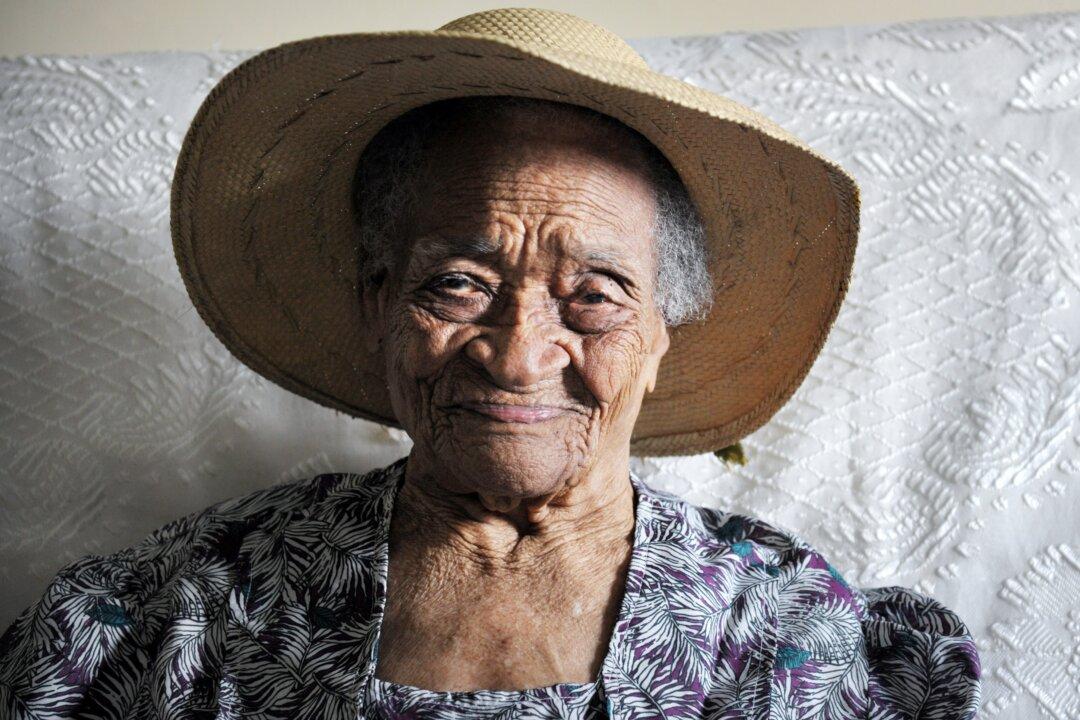In these modern times, it is not unusual to find aging or ill people living alone without a spouse or children.
It is becoming more common for such people to hire a live-in aide to assist with daily activities beyond fixing meals and tidying up the home. Let’s face it, no matter what your age, when you are sick or incapacitated for any reason, you may not have the strength or the means to handle routine errands like you used to.
In some instances, the caretaker becomes your friend, family member, and personal assistant who you depend on a great deal. Also, in many cases, the aide takes care of your every need, without taking advantage of you. The caretaker may very well be a family member, although not a child or spouse.
But, there are times when a hired caretaker can take advantage of the situation and prevent well-meaning extended family members from visiting or knowing what is going on. For example, a caretaker who has established a trusting relationship with a client may convince the employer to execute a Power of Attorney and Will that authorizes the caretaker to make all financial decisions and leaves all valuable assets to the caretaker.
It is always a good idea to plan ahead. Establish relationships with family or friends so that you can feel confident that there is someone you trust that you can turn to. Prepare a Power of Attorney before you potentially become incapacitated giving a trusted person the authority to handle your financial affairs.
Consider taking an inventory of your assets and personal property and writing down how you would like to distribute them. Then consult an attorney and have a Will prepared. Even if you have decided that none of your family should receive any of your assets, you may decide to leave everything to charity, but the decision will be yours while you are healthy, alert, and cognizant.
Taking these precautions can provide the necessary tools to a caring family member or charitable organization who needs to take legal action against an influential caretaker.
Information contained in this article is not intended to be legal advice nor applicable to all situations. For legal assistance, contact an attorney in your state of residence. You can visit Arleen’s website at arleenrichards-law.info.






